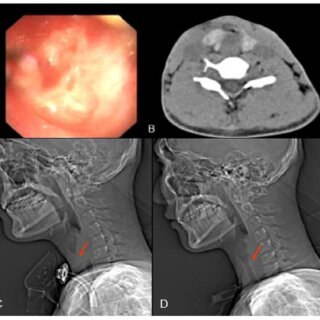Preventive cardiology focuses on reducing the risk of recurring heart attacks through strategies that address key risk factors. By adopting tailored measures under medical guidance, individuals can work toward better overall heart health. This approach emphasizes the advantages of proactive management, encompassing lifestyle modifications and routine monitoring.
Understand Your Risk Factors
Understanding personal risk factors is a key step in preventing recurrent heart attacks. Health conditions like high blood pressure or diabetes significantly increase the risk of heart complications. A family history of heart disease may also point to a hereditary vulnerability that requires closer monitoring. Preventive cardiology focuses on identifying and addressing these risks early. Working with healthcare providers to create tailored preventive plans is beneficial, particularly by tackling modifiable risks such as smoking or inactivity, which can significantly improve long-term outcomes.
Adopt Heart-Healthy Habits
Making everyday adjustments to your lifestyle can greatly benefit heart health. Some practical, heart-healthy habits include:
- Maintain a Balanced Diet: Focus on consuming nutrient-rich foods like fruits, vegetables, lean proteins, and whole grains. Limiting salt, trans fats, and sugar helps reduce strain on the heart.
- Stay Physically Active: Engage in regular exercise, such as walking, swimming, or cycling, for at least 150 minutes a week. Physical activity improves circulation and supports healthy weight management.
- Quit Smoking and Limit Alcohol: Smoking damages blood vessels and significantly increases heart disease risk. Reducing alcohol intake, meanwhile, can help prevent spikes in blood pressure.
- Get Adequate Sleep: Quality sleep of 7–8 hours per night supports overall health and helps maintain stable blood pressure levels.
Manage Blood Pressure Effectively
Effective blood pressure management plays a key role in preventing subsequent heart attacks. High blood pressure forces the heart to work harder, potentially leading to further damage to the heart over time. Regular monitoring with at-home devices or regular healthcare visits can help track and maintain blood pressure within a safe range.
Lifestyle changes, such as reducing sodium intake or practicing stress management techniques, can contribute to improved blood pressure levels. Collaborating with a healthcare provider helps tailor medication or non-medication interventions when needed. By keeping this metric under control, individuals can significantly reduce cardiac risks.
Monitor Cholesterol Levels Regularly
Regular cholesterol monitoring is another central aspect of preventive cardiology. High cholesterol levels can lead to plaque buildup in arteries, restricting blood flow and increasing the risk of heart attacks. Staying informed about cholesterol levels enables timely interventions. Try these strategies to maintain healthy cholesterol levels:
- Increase Soluble Fiber Intake: Foods like oats, beans, and barley can help lower “bad” LDL cholesterol by preventing its absorption in the digestive system.
- Choose Healthy Fats: Replace saturated fats with unsaturated fats found in olive oil, avocados, and nuts. These fats support better cholesterol profiles.
- Follow Medical Guidance: For individuals with persistently elevated cholesterol or specific genetic conditions, prescribed medications like statins may be necessary alongside lifestyle adjustments.
Start Your Preventive Cardiology Plan
Preventive cardiology emphasizes staying ahead of potential issues through early detection, regular check-ins, and personalized care plans. By understanding risk factors, building heart-healthy habits, monitoring key markers, and seeking professional support, individuals can take meaningful steps toward reducing their risk of a recurrent heart attack. Contact your doctor today to develop a personalized plan and take control of your heart health.
- Pedrovazpaulo Wealth Investment: Unlocking Financial Freedom Through Innovative Strategies
- EO Pis: A Comprehensive Guide to Environmental Objectives and Performance Indicators
- Premiumindo69: The Future of Digital Entertainment
- Macadamia Nut Milk: Health Benefits, Recipes, and Why It’s the Perfect Dairy-Free Alternative
- Hentquz: The Future of Productivity and Collaboration


